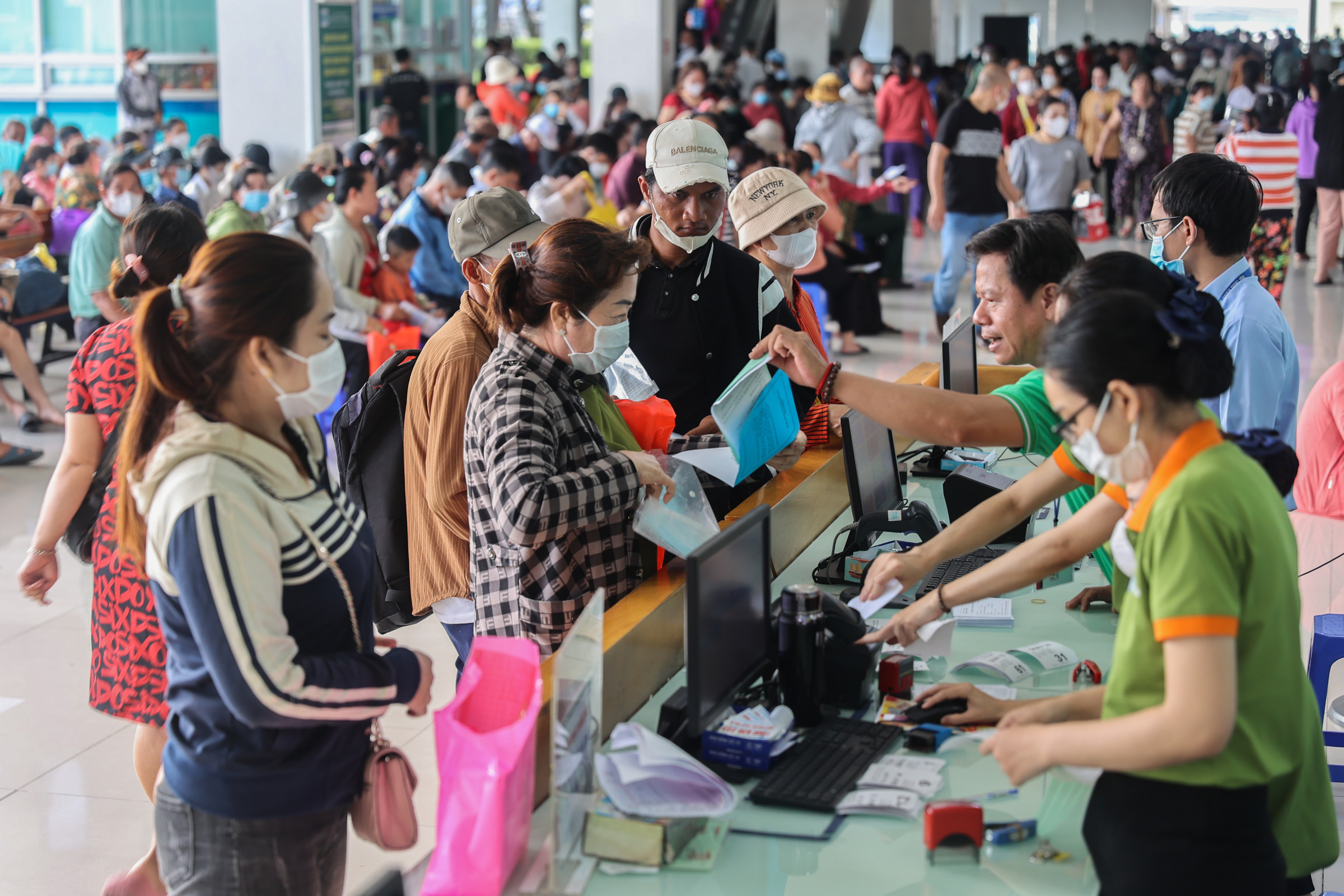On June 30, Tang Chi Thuong, Director of the Ho Chi Minh City Department of Health, announced the formation of two new bureaus: the Social Evil Prevention Bureau and the Population Bureau. The 124 public service units comprise 32 general hospitals, 28 specialized hospitals, 11 non-bed centers, 15 social welfare centers, and 38 regional health centers.
The Con Dao Special Zone Military-Civilian Medical Center will now fall under the jurisdiction of the Ho Chi Minh City Department of Health starting 1/7, receiving specialist support from city hospitals.
The existing 443 commune health stations will continue operations to avoid disrupting primary healthcare services. Within 60 days, as per the plan approved by the People's Committee, these stations will be reorganized into 168 commune health stations corresponding to the new wards and communes, and 296 health clinics. Regional health centers will prioritize staffing to ensure all health stations and clinics meet the requirements for health insurance contracts.
The 38 district health centers (17 with inpatient beds and 21 without) will be transformed into 38 regional health centers, overseeing the 168 commune health stations. The 4 inpatient district health centers of the former Ho Chi Minh City (in Districts 3, 5, 10, and Can Gio) will transition into regional centers without inpatient beds.
The former inpatient facilities will be repurposed to meet local healthcare needs. Regional health center directors will prioritize allocating medical personnel, especially doctors, to the new commune health stations and clinics.
The 115 emergency system currently has only one center and 45 satellite stations, mainly in the former Ho Chi Minh City area. The city's health sector will expand the network of satellite stations to cover the entire expanded city.
The expanded Ho Chi Minh City will have 162 hospitals, including 12 ministry and sector-affiliated hospitals, 32 general hospitals, 28 specialized hospitals, and 90 private hospitals. There has also been a significant increase in private clinics, with approximately 9,886 specialized clinics, 351 general clinics, and 15,611 pharmacies.
The entire city will have 110 social welfare centers, including 15 public and 95 private centers.
 |
Crowds of patients await treatment at Ho Chi Minh City Oncology Hospital's second facility. Photo: Quynh Tran |
Crowds of patients await treatment at Ho Chi Minh City Oncology Hospital's second facility. Photo: Quynh Tran
According to Thuong, the Department of Health has proposed merging non-bed centers with the same name: the City Disease Control Center, the Medical Examination Center, and the Forensic Center, to the People's Committee. This streamlining aims for greater efficiency and effectiveness, following the city leadership's directives.
"The expanded healthcare system, with its increased diversity and number of facilities, presents management challenges and necessitates a unified, flexible, and modern management mechanism," Thuong stated.
The Ho Chi Minh City Department of Health will promote IT application and digital transformation in administration, resource allocation, and inter-facility connectivity. The health sector will also develop a workforce adaptable to the new organizational model, better meeting the city's evolving healthcare needs.
Le Phuong












